Suicide is not a dirty word. Whether for religious, cultural or personal reasons the word “suicide” seems to have become dirty — right up there with sex, abortion and incest.
As a society, we tend to avoid “ugly” conversations often involving anything regarding death or implied pain. However, avoiding conversations about suicide could be one way we’re restricting mental health help.
I didn’t know September was Suicide Prevention Month until my freshman year of high school. Teachers passed out the teal and purple awareness ribbons and told us we could find pamphlets in the office about how to deal with suicidal thoughts.
There was no conversation regarding what suicide meant. It was just assumed we knew what it was, but “suicide” is more than a dictionary definition.
Suicide is also a conglomerate of emotions, for those experiencing suicidal thoughts and the ones around them. Maybe it’s even an emotion itself due to its complexity.
Many think of suicide as “opting-out,” and as the “weak” option. This could not be further from the truth.
Facing the unknown is bravery itself, but reaching out to others for help is just as brave, because you never know how others will react.
They could react forcibly by calling the police, getting you 5150-ed or enforcing isolation in one’s own home. Such actions could make things worse, because it may not leave much room for discussion or, more importantly, listening.
They could also react with disgust, due to cultural, religious or personal reasons. These reactions will without a doubt make things worse.
Any of these reactions — on the part of loved ones, strangers, officers or mental help staff — could also cause the suicidal thoughts to go into remission due to feelings of guilt only to resurface again sooner or later.
It could also morph into second-hand suicide. The hope something out of one’s control, like a sickness or accident, will kill them instead. The person could even engage in risky behavior to increase those chances.
In the short and long term, simply listening and talking with your loved ones who are struggling with suicidal thoughts could help by making them feel heard and giving them the opportunity to be open, vulnerable and reflective.
However, as someone who has had suicidal thoughts many times over the years, sometimes more intensely than others, I have found one thing: everyone has to decide to stay or go themselves. Of course everyone’s situations and thoughts are unique and have different needs.
It’s astounding how a single word or phrase from someone you love can cause you to choose to stay.
So help those who are struggling by being compassionate and caring. Do not shame, guilt or immediately jump to forceful actions unless direly needed.
Suicide also does not exist only in the context of mental health, but physical health as well.
When a person is in pain due to illnesses and diseases such as cancer and multiple sclerosis, voluntary suicide could be an option for some — to help themselves or their loved ones.
Dr. Jack Kevorkian, less affectionately known as “Dr. Death,” was a controversial proponent for assisted suicide, or voluntary euthanasia, and provided over 100 physician-assisted deaths for those with terminal illnesses.
He was one of many who stood behind assisted suicide. California Governor Gavin Newsom signed off on the End of Life Option Act that went into effect in 2016.
The act allows those with terminal illnesses, who meet specific requirements, to request the “aid-in-dying” drugs from their physician.
There have also been more abstract theories in assisted suicide. Julijonas Urbonas’ “euthanasia rollercoaster” was designed to provide a more humane way to administer and undergo assisted suicide. The rollercoaster is only a design and does not exist.
The Hemlock Society, founded in 1980 by Derek Humphrey, provides a more private means of voluntary euthanasia.
Due to popular disdain of the thought of suicide, there is constant criticism surrounding it, even in the context of mercy.
The primary root of judgment of suicidal thoughts and attempts is stigma, both face-to-face and through social media.
Suicide stigma surrounds social disapproval of suicide and discrimination against those who have thought of and-or attempted suicide. This can be shown through distrust and avoidance and stems from ignorance.
This ignorance can cause a stall in the healing process, hesitation in reaching out and guilt in those impacted by suicide.
Suicide is still illegal in at least 20 countries, in some, suicidal attempts are punishable.
An offshoot of this stigma comes from religion. Christianity, Judaism, Islam and other religions impact their surrounding culture, including the outlook on suicide, as multiple edicts consider it a sin or violation.
Even someone who is not religious, but has been exposed in one way or another, has probably heard some form of these edicts.
Religious affiliation could also act as a saving factor due to the community interaction and personal faith. However, there is still a lot unknown about the connection between religion and suicide.
If you are struggling with suicidal thoughts you can contact a Chico State crisis counselor at 520-898-6345 and press two. You can also make an appointment with the WellCat Counseling Center at the same number.
You can also contact the following:
- Chico State crisis text line — text “HOME” to 741741
- Butte County Behavioral Center — 1-800-334-6622 or 530-891-2810
- National Suicide Prevention Lifeline — 1-800-273-TALK
- Suicide Crisis and Lifeline — 988
If you are trying to get someone else help, you can also contact the above organizations, or when words don’t work or if there’s a present danger call 911 and request a wellness check.
Suicide is the second leading cause of death amongst college students and 67% of college students tell a friend about suicidal ideations before anyone else. Suicide is also considered the most preventable cause of death.
Ariana Powell can be reached at [email protected] or [email protected].









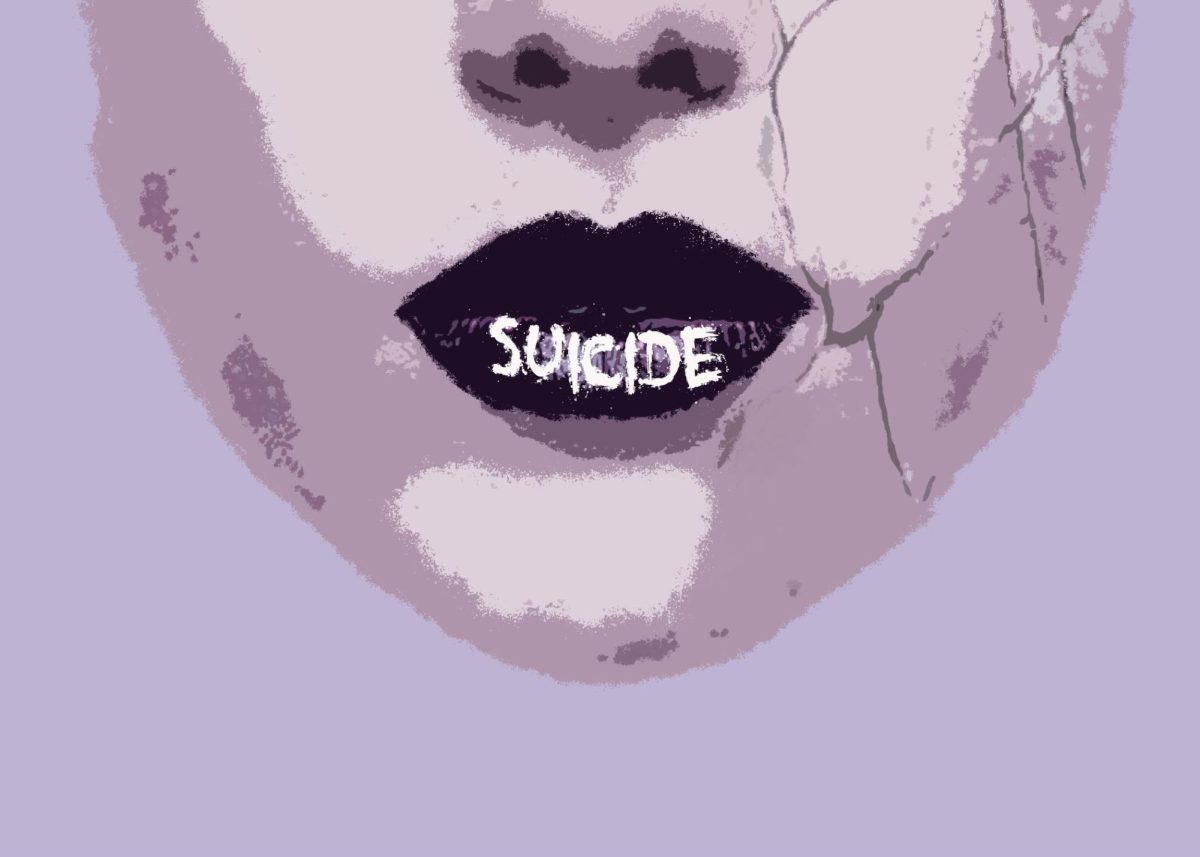
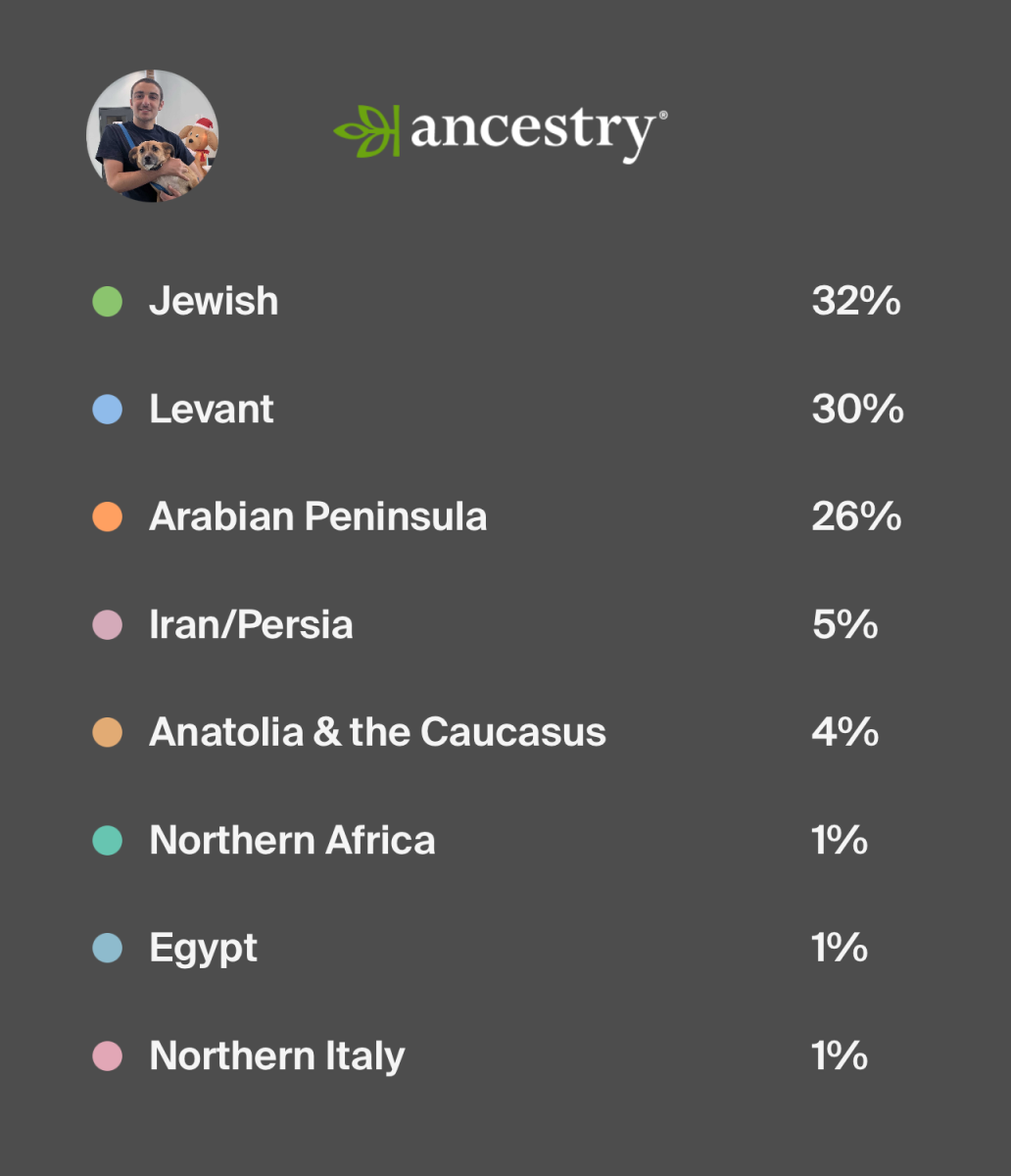



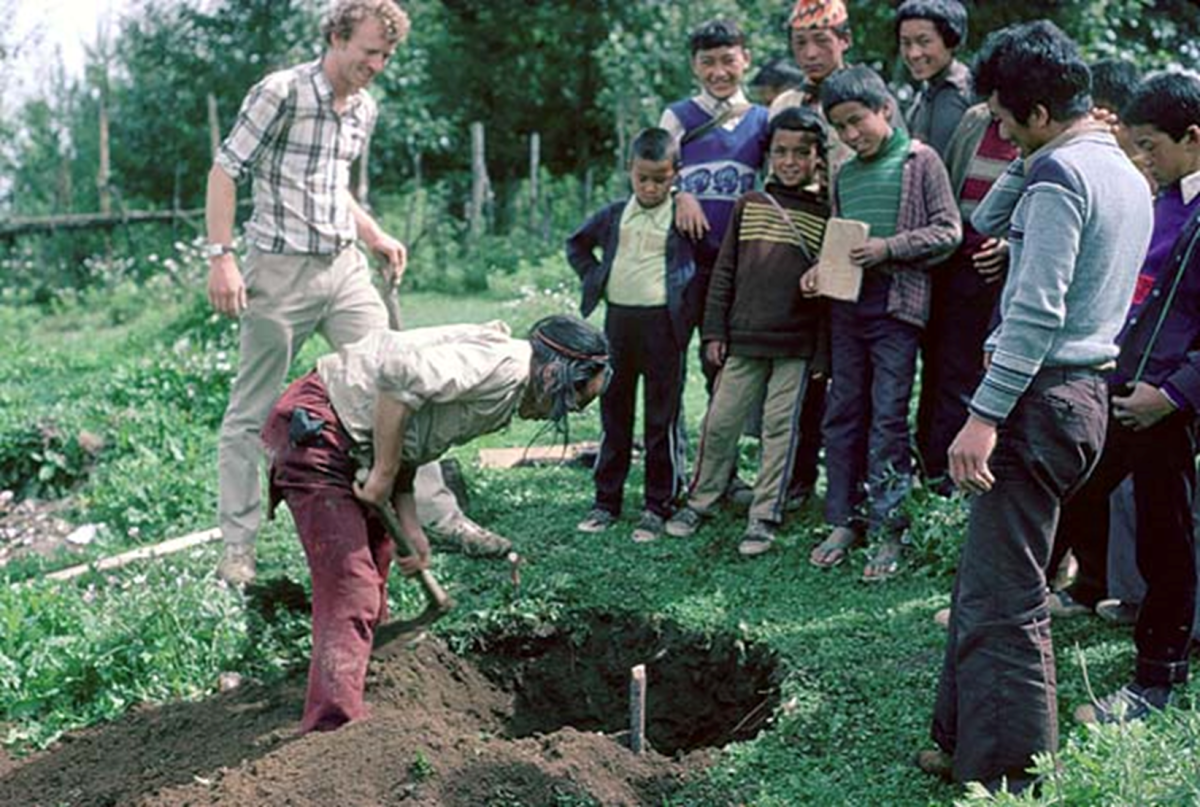
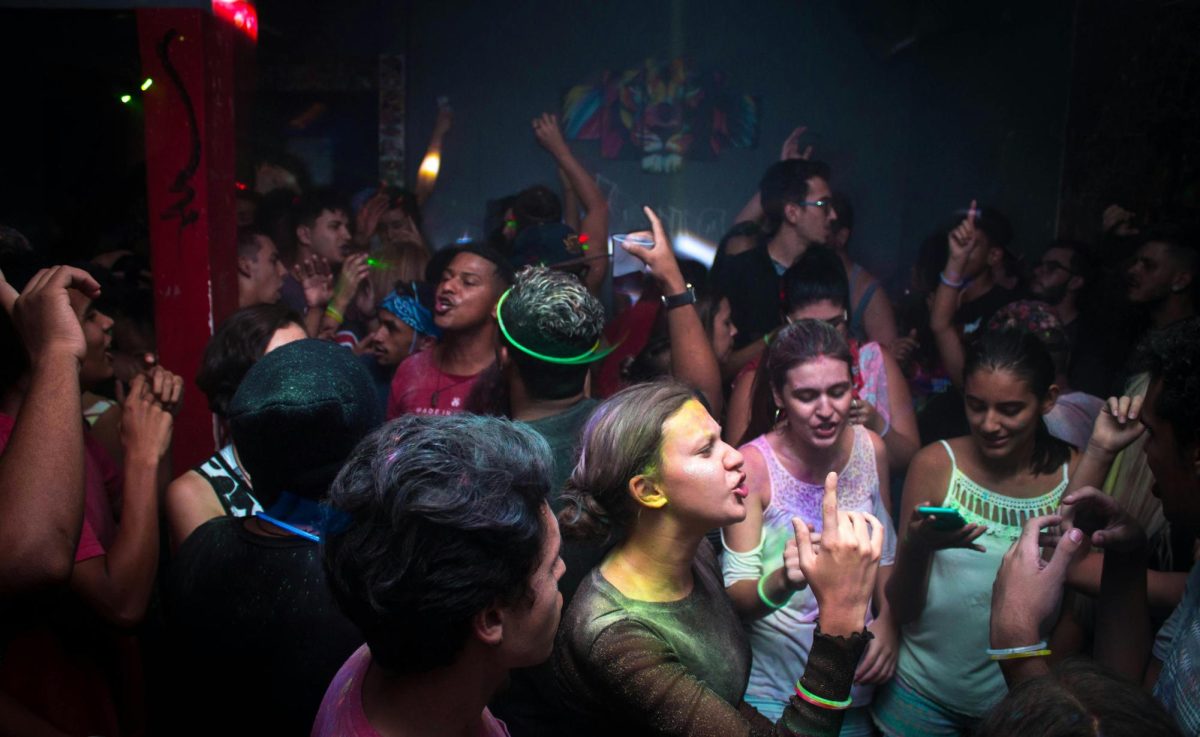
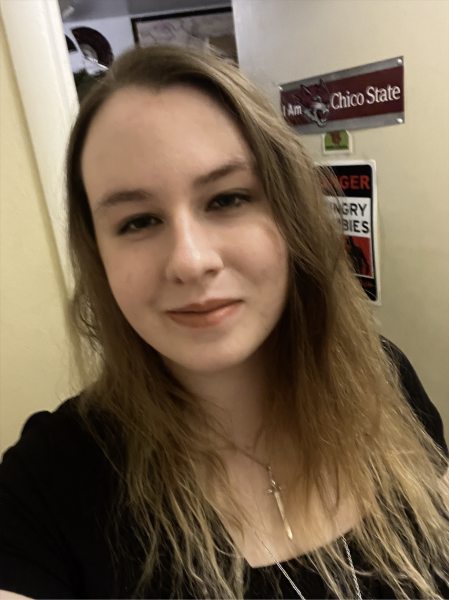
Ari Sorokin // Apr 25, 2024 at 2:17 am
Suicide is very rarely ok. It’s murder of the self and will likely end up traumatizing others. I too have had thoughts.
Assisted suicide should only be for very specific terminal illnesses that cause pain and suffering not just for the individual but for the community. Things like bone cancer, Alzheimer’s, or perhaps even ALS.
Suicide cannot be detached from murder, cide means murder.